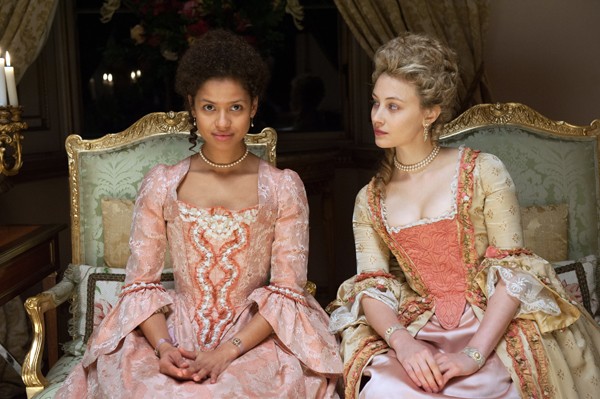I blame Ann Rice.
It’s probably not her fault that her 1976 novel Interview with the Vampire and its sequels would spawn the Vampire Good Guy Industrial Complex, but here we are. Sure, Angel and Buffy’s tragic TV tryst presaged Bella and Edward’s romance the way Led Zeppelin presaged Warrant, but it was Rice’s idea to make the vampire into a tragic, sympathetic character in the first place. To hear him tell it — he doesn’t really want to hunt humans in the night and drink their blood to gain eternal life. It’s not his fault he’s an evil monster.
But Dracula wasn’t like that. He was a post-human predator who took pleasure in killing. Even though his name’s on the poster, Dracula is not the hero, he’s the monster. This is why Interview with the Vampire was so radical and Dracula Untold is such a bad idea.
The year is 1442, and the “hero” of Dracula Untold is Transylvanian ruler Vlad Tepes (Luke Evans), better known in the history books as Vlad The Impaler. Vlad is often cited as being one of the inspirations for Dracula because history records him as a bloodthirsty maniac whose idea of diplomacy was nailing the Turkish ambassador’s turban to his head. But as Dracula Untold tells it, Vlad doesn’t really want to torture prisoners of war. He just wants to hang with his wife Mirena (Sarah Gadon) and son Ingeras (Art Parkinson). That whole impaling thing was just a passing phase he went through. You see, it was the Turks’ fault that Vlad has got some impalement-related impulse control problems, because he was kidnapped by them as a child and forced to serve the sultan as an elite child warrior. But now, years after Vlad and his dad drove the Turks out of Transylvania, they’re back, led by Mehmed (Dominic Cooper), and they want to enslave little Ingeras and 1,000 other kids. There are too many of them for his crappy army to fight, so Vlad has the first of Dracula Untold’s many bad ideas: He will go to a cave where an ancient Master Vampire (Game of Throne‘s Charles Dance) lives, in the hopes that he will be granted vampire powers to fight the invaders. For a minute, it looks like Dracula Untold might make something cool out of its bad premise. But then the Master Vampire’s catchphrase is revealed (“Let the games begin!”) and things spiral into absurdity.
This is not a monster movie, it’s a superhero movie. Dracula’s vampirism grants him super strength, super speed, and invulnerability. You know, like Superman. But instead of kryptonite, his weaknesses are sunlight, silver, crosses, and getting staked in the heart. The script is a pastiche of Batman Begins, The Mummy (Brendan Fraser, not Boris Karloff) The Lord of the Rings, and 300.
I love a good antihero as much as the next critic, but Dracula’s just not hero material. Even when he’s awkwardly crammed into a heroic role, he doesn’t behave heroically. He behaves like Vlad The Impaler, and we’re supposed to cheer his brutality. In Dracula Untold‘s world, the real bad guys are the ones who won’t transform themselves into vampires and drink their wives’ blood in order to save them.
Dracula Untold
Now Playing
Multiple Locations
